The governance of artificial intelligence (AI) comes under spotlight at China's 2025 two sessions as the NPC deputies and the CPPCC members advocate for cracking down on illegal activities by using AI tools, in a bid to stop disinformation.
Lei Jun, a deputy of the NPC (National People's Congress), who is also the founder of Xiaomi, put forward a motion on strengthening the governance over illegal AI deepfakes and voice cloning infringements, according to a statement seen on his social media account.
With the rapid development of AI technology, AI deepfakes and voice cloning are now applied in industries such as film and television production, advertising and social media, said Lei, noting that it poses significant challenges to AI governance due to the ease of obtaining materials, low technical barriers and the concealment by the infringers.
Lei suggested that the authorities accelerate the legislative process regarding AI applications. Besides, he called on the industry to enhance self-regulation and collaborative governance, noting that internet platforms develop technical capability to identify AI-generated content and enhance content monitoring.
Li Dongsheng, another deputy of the NPC, who is the founder and chairman of Chinese electronic and home appliance company TCL, put forward his proposal targeting strengthening governance and management of AI deepfake fraud, cnr.cn reported.
Aside from urging for the establishment of relevant laws, Li emphasized that internet platforms should enforce mandatory labeling of AI-generated content to reduce malicious misuse of AI, and enforce accountability for illegal activities.
And, Enzat Tohti, a member of CPPCC (Chinese People's Political Consultative Conference) from Northwest China's Xinjiang Uygur Autonomous Region, is reportedly to propose to strengthen AI-generated content regulation, thepaper.cn reported earlier.
For instance, a series of AI-generated images depicting a "buried boy" linked to the Xigaze earthquake circulated online after the 6.8-magnitude quake hit Dingri County, Southwest China's Xizang Autonomous Region, on January 7, 2025, triggering massive discussions. However, cybersecurity authorities later identified anomalies in the AI-generated images, investigated, and confirmed their artificial origin.
AI-generated false information may infringe others' intellectual property rights, violate personal privacy, and pose other risks if the new technology is misused, said Enzat Tohti. His proposal recommends quick legislation by the authorities, ramping up regulatory measures, and enhancing platform accountability.

















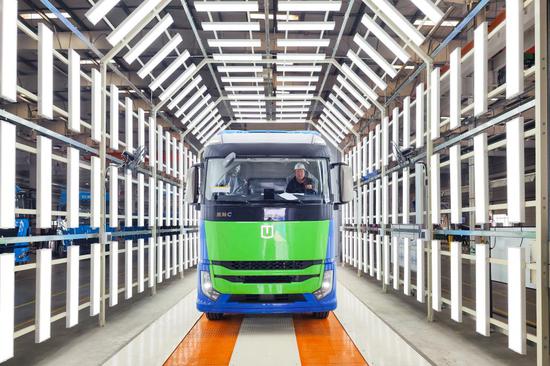



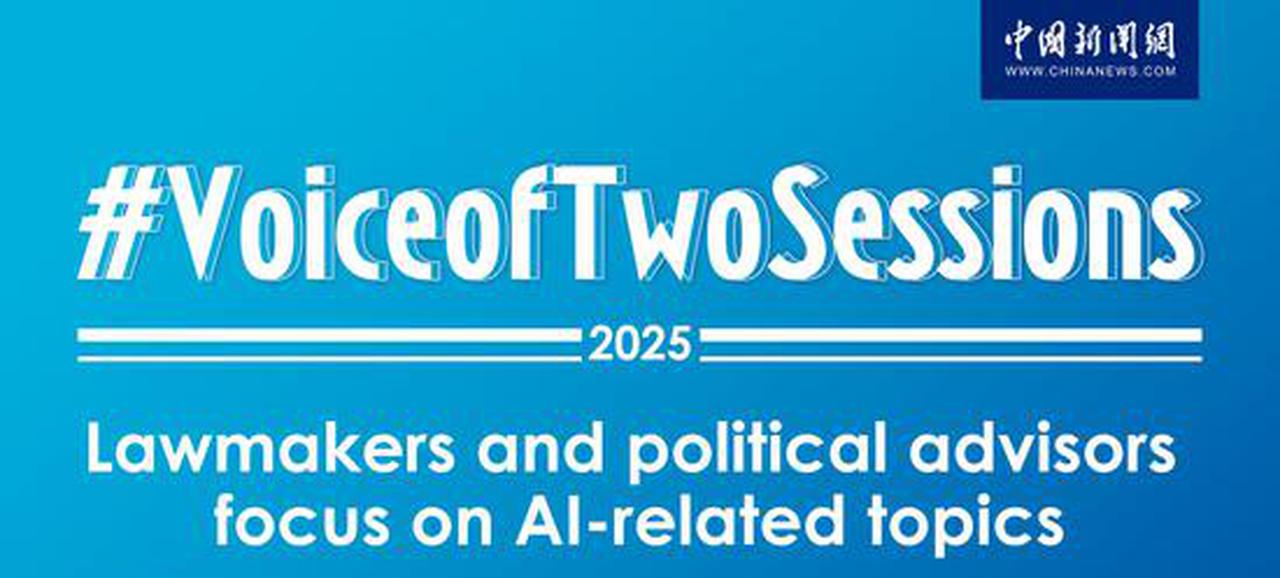








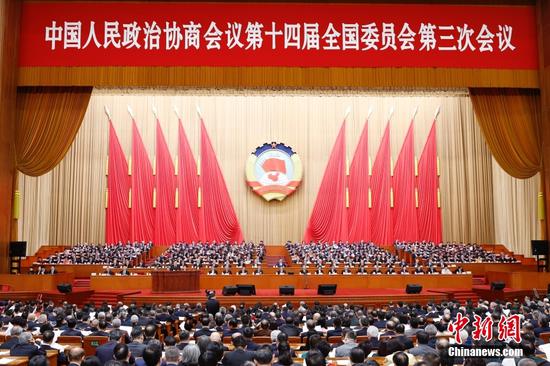

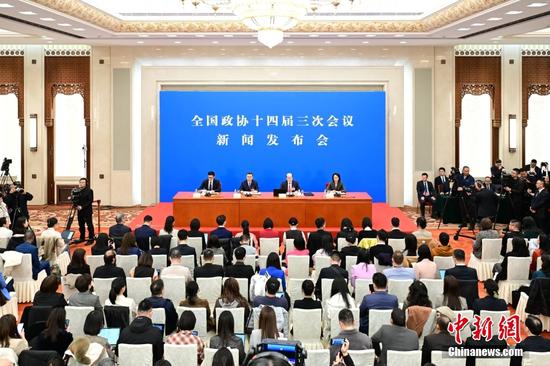



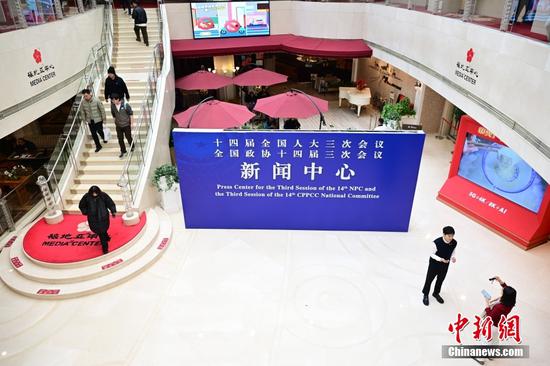













 京公网安备 11010202009201号
京公网安备 11010202009201号